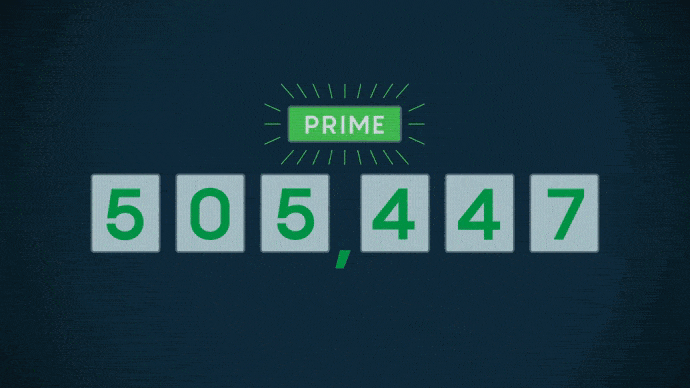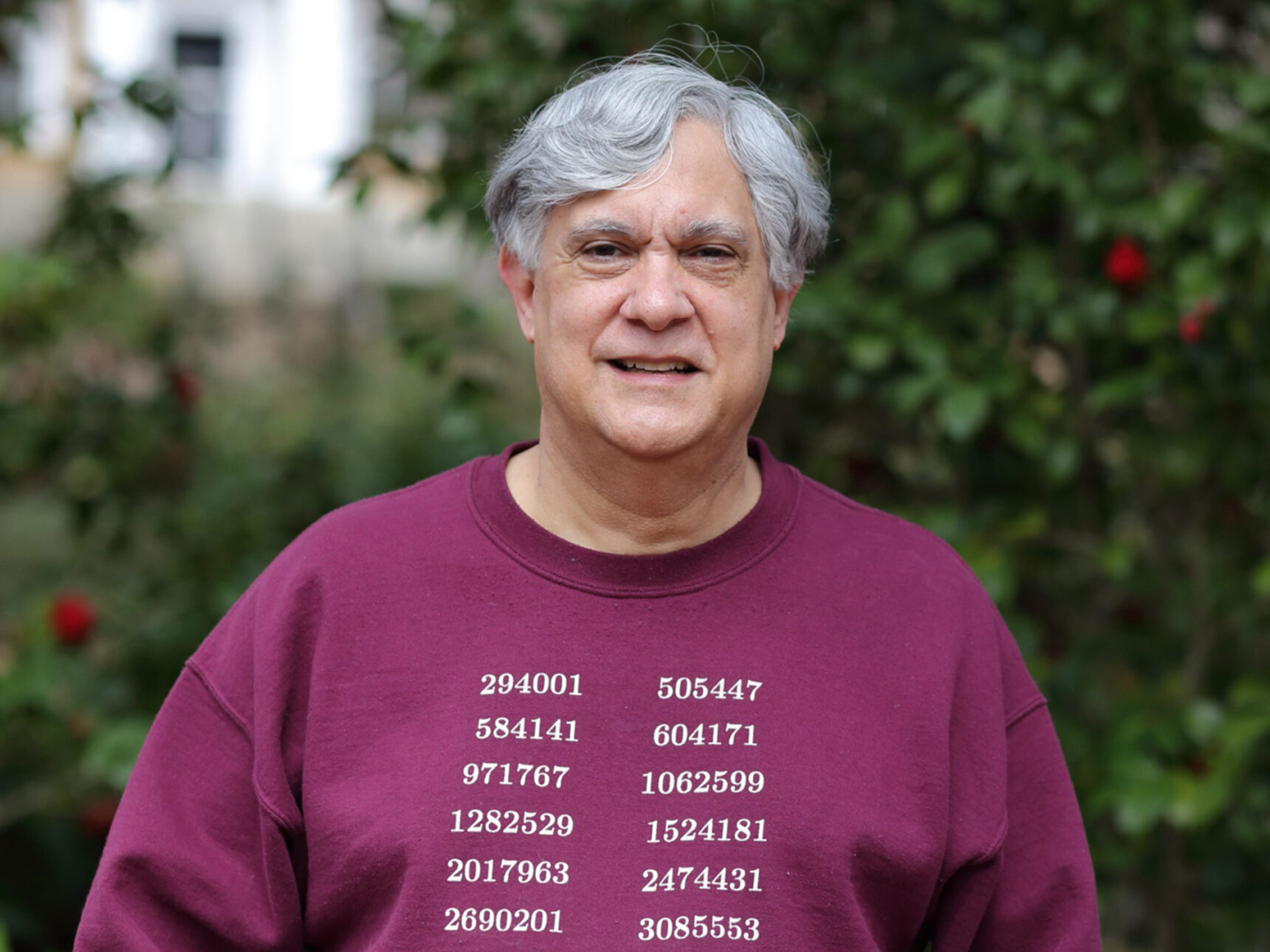Scientists have proven that there are special primes that are so sensitive that changing any of their numbers turns them into composite numbers. However, researchers have not yet found specific examples.
Take the numbers 294 001, 505 447 and 584 141. Did you notice anything special about them? You can guess that they are all simple (they can be divided without remainder only by themselves and by one). But the primes mentioned above are even more unusual!
If you select any digit in each of these numbers and change it, the new number will be composite and therefore no longer prime. Let's change, for example, the number 1 in the number 294 001 by 7, and the resulting number will be divisible by 7; change 1 to 9, and the resulting number is divisible by 3.

digitally delicate (« »), . 1978 , , , , . « » , . , «» , , . , .
, . : 2011 , « » (positive proportion) — digitally delicate , ( ). , — , , , .
, , .
« », — .
, , , . 53 …0000000053 . , , ?
, , , « » (widely digitally delicate), , 2020 .
, . «294 001 , , — , — , …000 294 001 …010 294 001, 10 294 001 — ».
, , , , 1 000 000 000. , , .
-, , , , , . , , , , . , , .
. « , , , , », — .

. , « », 1950 . « , — , — , , ». , , 2, : , 0, , , 1. , «», , , «» .
, , , . , 1025 000, , - , , .
, - . , — «». (, ) , . , , 2011 , : , . , .
« -, — , — ».
: , . , 10 , . , , . 10 : , .
. -, , , , , .
, 2000 , , - , . , , .
, . , ».
, , , , ». , , , — 2p - 1 p.
. , . , , . , , , « , , , , ».
: ? , ( )? , , , . , , , .
« , , - , — . — : - . , , , ».